Don't be a little bitch
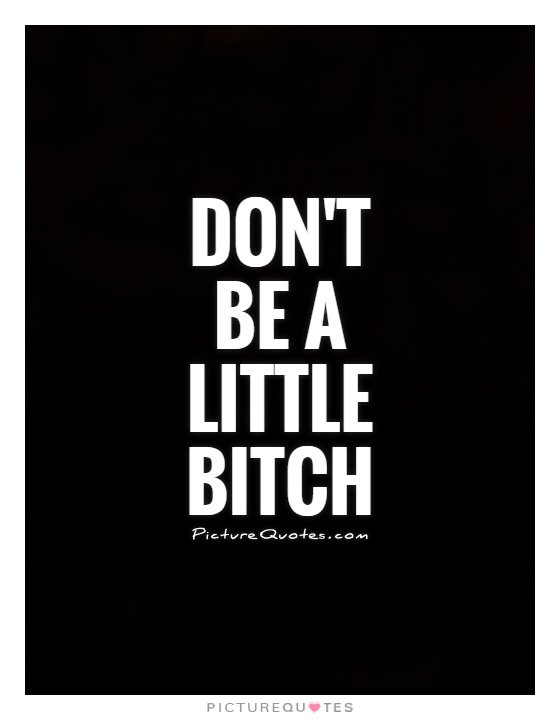
Don't be a little bitch
The phrase "Don't be a little bitch" is often used in a derogatory manner to belittle someone who is perceived as weak, cowardly, or overly emotional. The term "bitch" itself has a long history of being used as a derogatory term to describe women who are seen as assertive, aggressive, or outspoken. However, in recent years, the term has also been used more broadly to describe anyone, regardless of gender, who is seen as weak or lacking in courage.When someone is told to "not be a little bitch," it is essentially a challenge to toughen up, stand up for themselves, and stop being so easily intimidated or defeated. It is a call to action to be stronger, more resilient, and more assertive in the face of adversity. While the phrase may be seen as harsh or offensive, it is often used in a joking or lighthearted manner among friends or peers.
However, it is important to recognize that using the term "bitch" in this context can be harmful and perpetuate harmful stereotypes about gender and masculinity. By equating weakness or vulnerability with being a "bitch," we are reinforcing harmful ideas about what it means to be a man or a woman. It is important to challenge these stereotypes and encourage people to embrace their emotions, vulnerabilities, and differences without fear of being labeled as weak or inferior.
Instead of telling someone to "not be a little bitch," we should encourage them to be true to themselves, stand up for what they believe in, and embrace their unique qualities and strengths. We should promote a culture of empathy, understanding, and acceptance, rather than one of judgment, ridicule, and toxic masculinity. By challenging harmful stereotypes and promoting a more inclusive and supportive environment, we can create a world where everyone feels empowered to be their authentic selves without fear of judgment or ridicule.
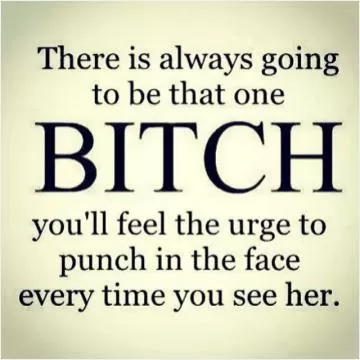
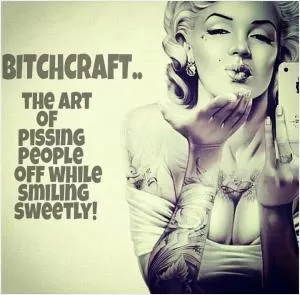
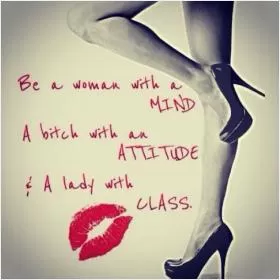
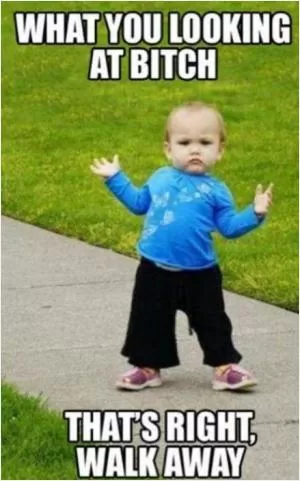
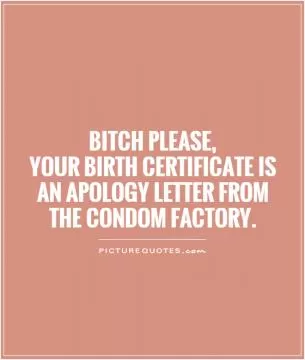
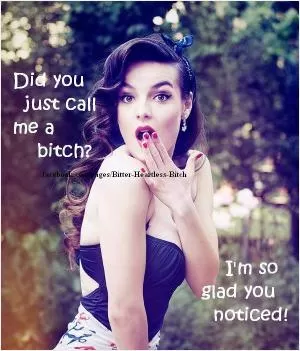
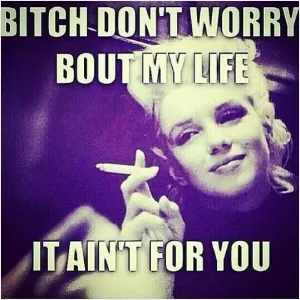
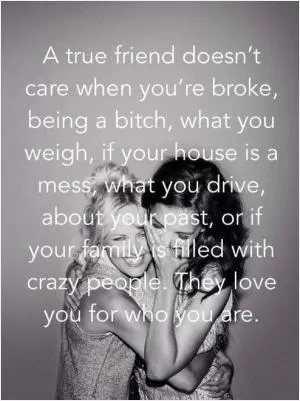
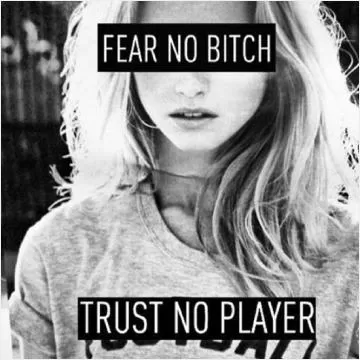
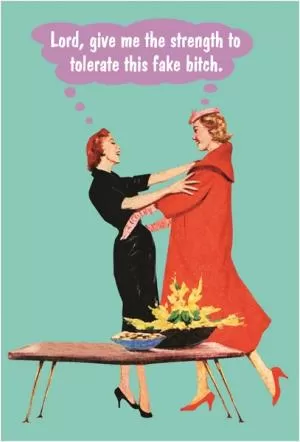
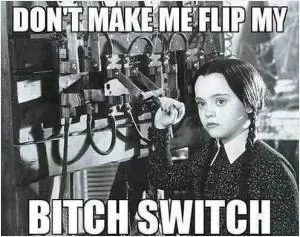
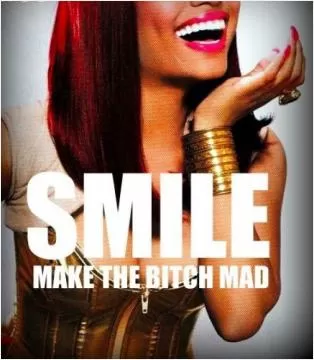
 Friendship Quotes
Friendship Quotes Love Quotes
Love Quotes Life Quotes
Life Quotes Funny Quotes
Funny Quotes Motivational Quotes
Motivational Quotes Inspirational Quotes
Inspirational Quotes